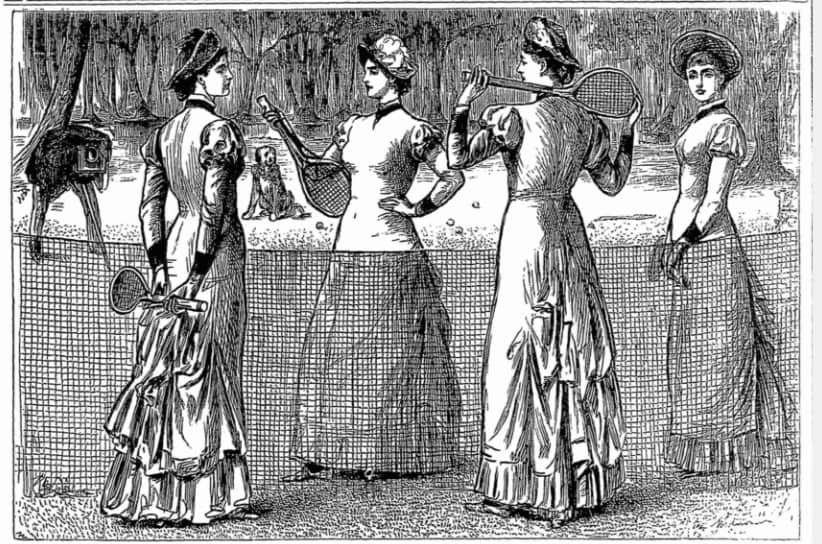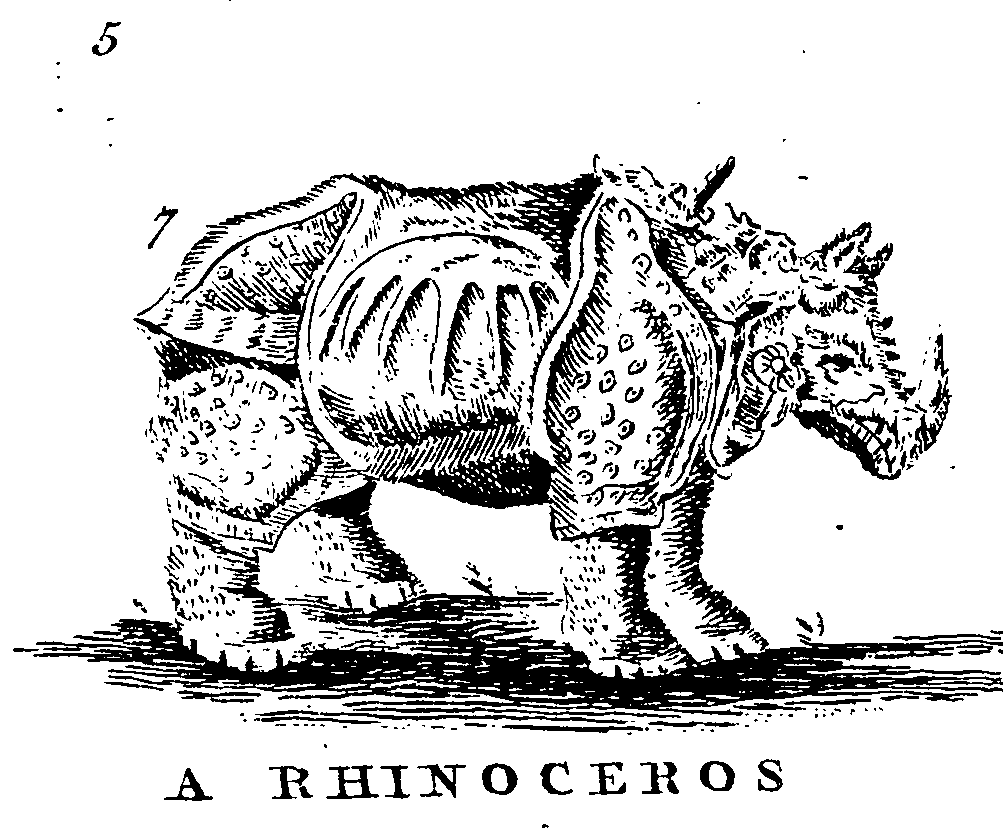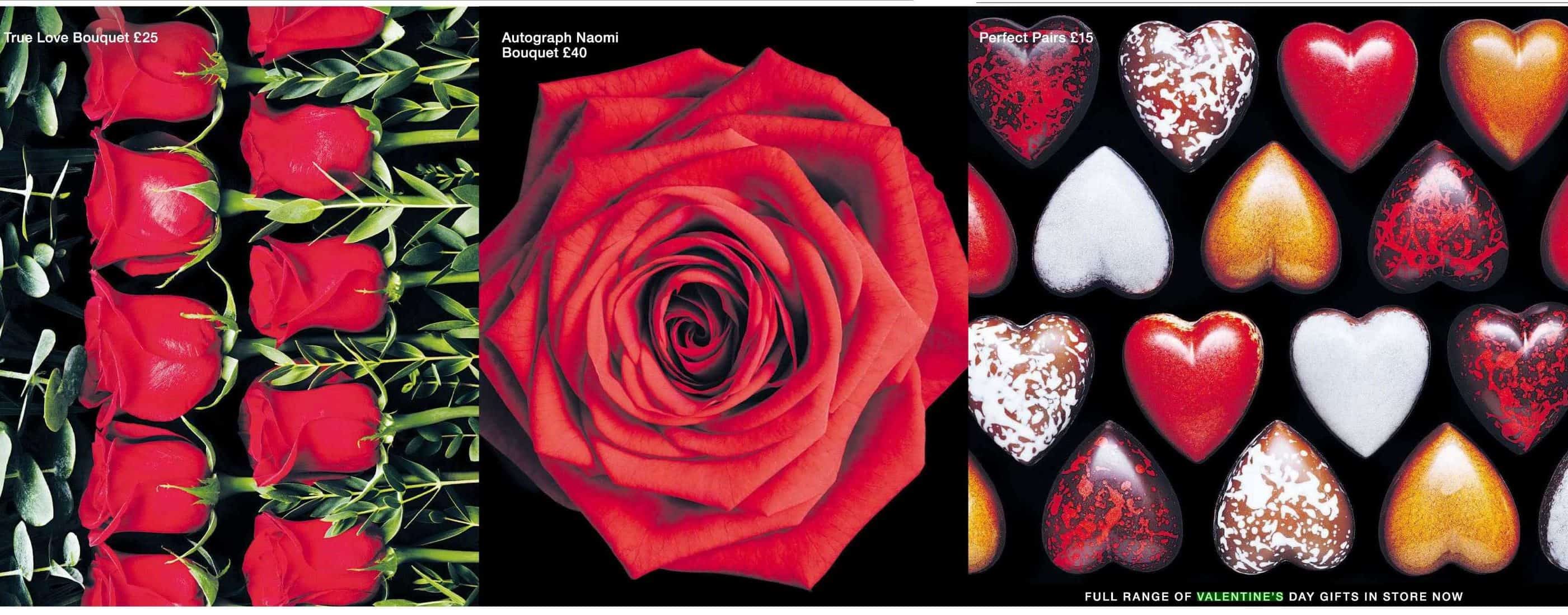│By Dr Lucy Dow, Gale Content Researcher│
With the weather we’ve seen recently, it is unsurprising that July is national ice cream month! Just search for #nationalicecreammonth on Instagram and you will be inundated with all kinds of delicious (and not-so-delicious) looking icy confections. Whilst you may now be able to get tomato soup, grilled cheese or sushi flavour ice cream, the authors of eighteenth-century English language cookery books tended to stick to more familiar flavours such as strawberry or apricot, although they were not always averse to trying something more unusual. In 1789 Frederick Nutt wrote a recipe (pp. 125-126) for parmesan ice cream! Interestingly, whilst the more exotic chocolate, coffee and even pineapple had made it into ice cream by the late eighteenth century, the now ubiquitous vanilla was still far too exotic and expensive. By exploring eighteenth-century ice cream recipes using Gale’s Eighteenth Century Collections Online we can not only see how ice cream was made, but discover other things these recipes reveal about eighteenth-century life.










